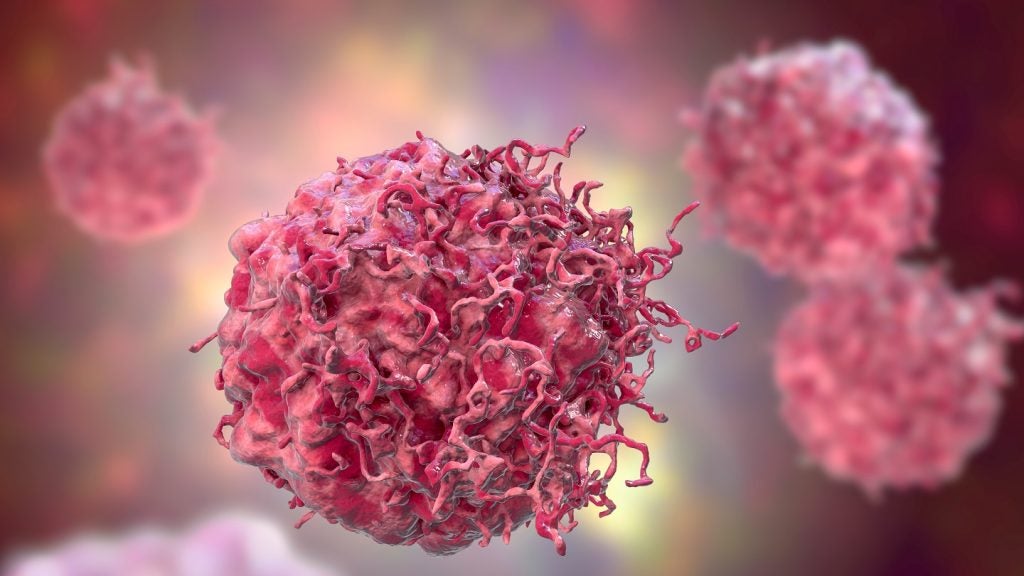Cytokinetics has initiated a Phase III clinical trial of aficamten for the treatment of non-obstructive hypertrophic cardiomyopathy (nHCM).
Enrolment is open for the Assessment Comparing Aficamten to Placebo on Cardiac Endpoints In Adults with Non-Obstructive HCM (ACACIA-HCM) study.
The placebo-controlled, multi-centre, double-blind, randomised study intends to assess the effect of the cardiac myosin inhibitor aficamten against placebo on health-related quality of life in symptomatic nHCM patients.
For this trial, 420 patients will be randomised into a 1:1 ratio to receive aficamten or placebo.
The study includes two parts, with part one being from day one to week 36 and part two from week 36 to week 72.
Each patient will receive up to four escalating doses of aficamten or placebo, based on echocardiographic guidance.
Initially, 5mg aficamten will be given to patients once daily and then an echocardiogram at weeks two, four, and six to determine if they will be up-titrated to escalating 10mg, 15mg or 20mg doses.
Change in Kansas City Cardiomyopathy Questionnaire (KCCQ) Clinical Summary Score from baseline to week 36 is the primary endpoint.
Secondary endpoints include the change from baseline to week 36 in sub-maximal exercise performance (Ve/VCO₂), and maximal exercise performance (peak VO₂).
Changes in left atrial volume index and NT-proBNP, and the proportion of participants with ≥1 class improvement in the New York Heart Association functional class are other secondary endpoints.
The company is also planning to commence an open-label extension study and intends to enrol patients who complete the ACACIA-HCM study.
Cytokinetics Research and Development executive vice-president Fady Malik said: “ACACIA-HCM builds on the encouraging findings from Cohort 4 of REDWOOD-HCM, the Phase II clinical trial which demonstrated that treatment with aficamten resulted in statistically significant improvements in heart failure symptoms and cardiac biomarkers in patients with non-obstructive HCM.
“In ACACIA-HCM we look forward to assessing the impact of aficamten in patients with non-obstructive HCM on symptoms and quality of life, as well as on other measures of disease burden, including exercise capacity, functional class, cardiac structure and function and cardiovascular outcomes.”
















